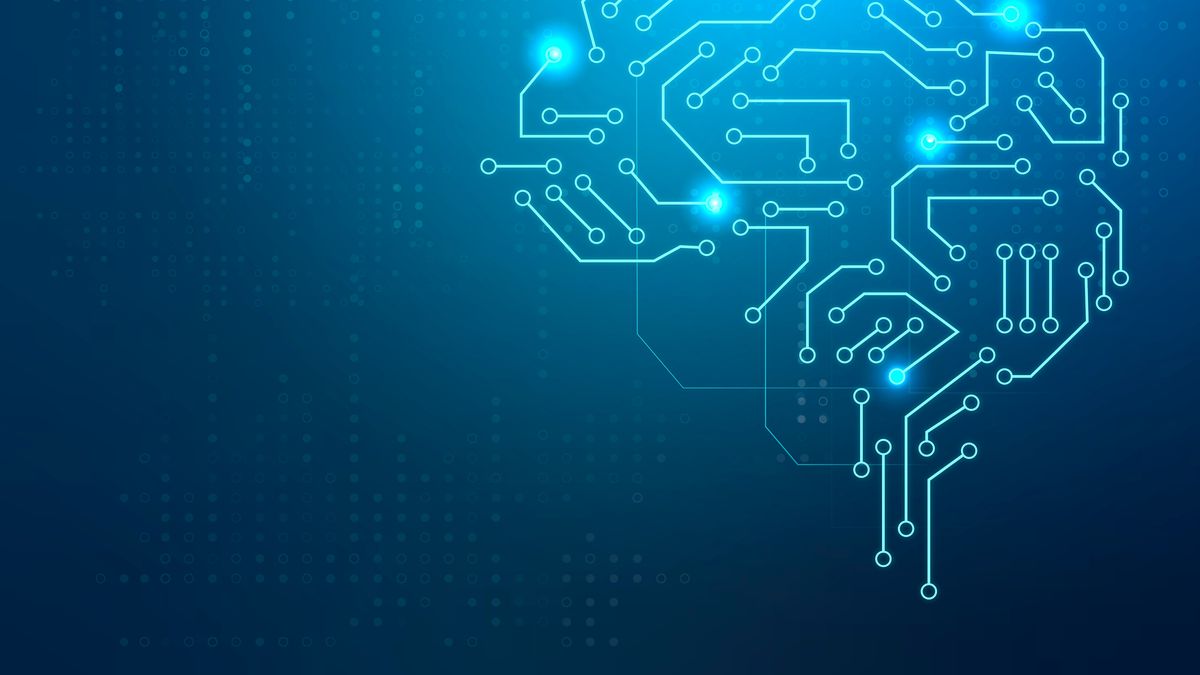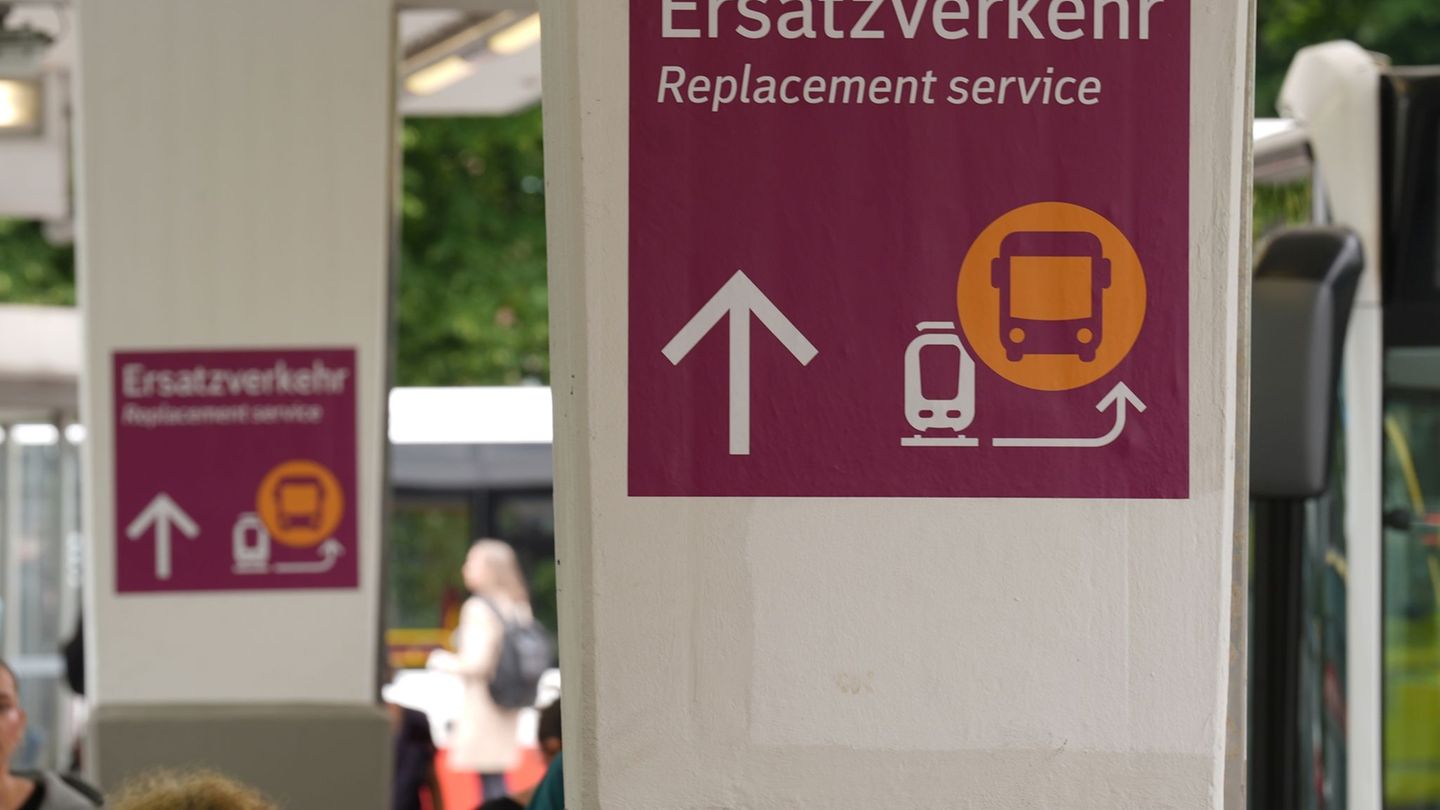We find ourselves immersed in a world where change is the only constant in all aspects of life. Transformation and innovation have ceased to be isolated events and have become the engine that drives our daily lives.
In the past we talked about change processes management. In these processes, a cultural transformation was managed due to the installation of new processes and systems. Change management was precisely the process that accompanied the management to give you new tools to manage in that new scenario.
Today we talk about transformation in organizations and this implies the adaptation of leaders and collaborators to think about their companies and businesses from a digital perspective. This does not only imply implementing technological solutions, but also thinking about everything digitally, and this implies a great change in mindset.
Today we need to have a broad mind to think about our roles and imagine how they can be automated, and also be the ambassadors of that change. I understand that all change brings fear, feeling threatened that we could be replaceable, but we are. We always were and we will continue to be. Before maybe it was for someone else, today and the future will be by AI.
So, Do we settle for being victims of circumstances or do we decide to embrace this new era and reinvent ourselves? There are very fatalistic perspectives about what the future holds, but I prefer to give it a more optimistic and challenging spin. I firmly believe that a large part of our destiny is in our hands, and depends on how we prepare for what we are capable of imagining and projecting.
I understand that it may be simpler to sit still and mourn because we feel like we could be replaced by a machine. What if instead we learn to accompany and embrace the process? How about we get on the upskilling programs offered by many organizations? What would happen if we got positively involved with the transformations of our organizations and were proactive in learning new skills?
Here two elements are mixed that, when combined, can be explosive:
First, having a fixed mindset versus a mindset open to change and learning..
If we are people who feel threatened by changes, it becomes more challenging to participate in cultural or organizational changes. The fixed mindset believes that abilities are innate and cannot be developed. Those with a mindset open to learning, on the other hand, see innovation as opportunities to develop. Let’s take the example of David Beckham.
David Beckham.jpg
There is a documentary about his life on Netflix that shows this man’s dedication to making sure every aspect of his life is as perfect as possible. From how he played soccer to how he cleans his kitchen. It is an example of clear triumph, but through dedication and perseverance. One can be born with some genetic abilities. But developing them to our maximum potential depends on each of us. How many times do we limit ourselves with phrases like “I don’t know how to paint” or “I’m a terrible athlete”? Wouldn’t it be better to use phrases like “I want to learn to paint and I’m going to take classes” or “I was never a good athlete but it’s something I would like to develop in the future.”
Second, let us remember that we are our own limitations due to our biases.
There are about 150 biases identified, which can be grouped into five categories: Similarity, Convenience, Experience, Distance and Safety. If one or more of these come into play at different times in our lives, for example in instances of cultural change, we may feel threatened and therefore react negatively to the proposed changes.
Therefore, I propose to identify what happens to us to challenge ourselves internally and see if there are opportunities to modify our way of thinking or the way in which we are facing new challenges. My advice is to question yourself positively, take some time to rethink what the best path would be in the face of the new challenges proposed, we need to be more aware. A step of greater maturity would also be to be the ones who propose the changes without feeling threatened. Being able to be the ones who challenge ourselves to develop more and more every day.
The best example that illustrates this concept is that of the executive who feels like he owns the world for having achieved the position he always aspired to. First, no one owns the world, and second, if the only goal is to “get there,” What happens to all the time invested in the process? If we do not understand that the goal is to arrive, but that the true purpose should be to enjoy the journey, we are missing a fundamental part of our development.. True growth is in those moments where we generate new neural connections, when we learn something new and challenge ourselves.
If we reach the destination, welcome! But if we don’t achieve it, we will have done incredible things that will transform us forever. And that should be our real goal.
The world is in constant movement and transformation. What used to be static is now dynamic, and what seems like a threat may be our best opportunity. If we can understand that it is not about clinging to what we already know, but about being active protagonists in the creation of the new, then we will be better prepared for what is coming. Reinventing yourself is not just an option, it is a necessity. Because in the end, the biggest challenge is not to change, but to evolve. And in that process, true satisfaction is not in arriving, but in enjoying every step of the journey.
Sandra Olive
Managing Partner of Backer & Partners, specialized in executive search for Senior Management and Culture and Leadership Consulting
Source: Ambito
I am Pierce Boyd, a driven and ambitious professional working in the news industry. I have been writing for 24 Hours Worlds for over five years, specializing in sports section coverage. During my tenure at the publication, I have built an impressive portfolio of articles that has earned me a reputation as an experienced journalist and content creator.




